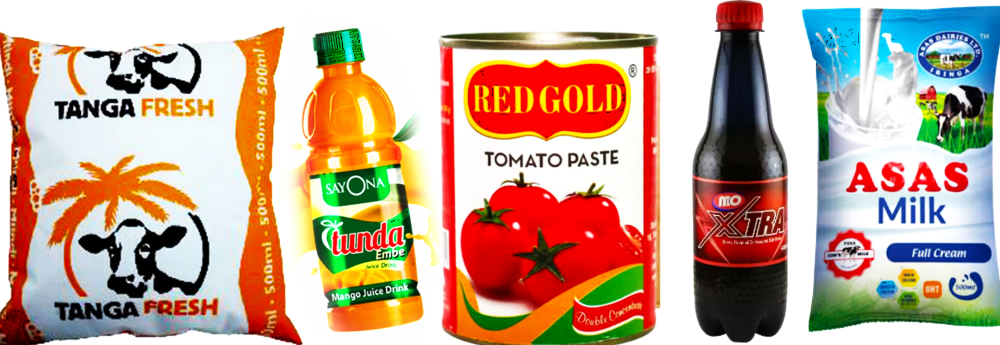You are what you eat. But what are you eating?
A new study on food and beverage companies operating in Tanzania, has revealed that few entities bother to share information on how healthy and nutritious their products are.
This is according to the first independent assessment of the portfolio healthiness of 21 of the largest food and beverage companies producing packaged foods and beverages operating in Tanzania as carried out by Access to Nutrition Initiative (ATNi).
The studied companies represent an estimated 48 percent of the formal packaged Food and Beverage market in Tanzania.
The report reveals that four local companies, based in four regions of Tanzania, shared information with the Access to Nutrition Initiative (ATNi) on how health and nutrition considerations are integrated into their commercial operations, with key topics including fortification and affordability.
These entities include, Asas Dairies of Iringa, Bakhresa (Azam) of Dar-es-salaam, Darsh Industries (Redgold) based in Arusha, and Tanga Fresh from Tanga.
On the other hand, the three multinational companies, PepsiCo, Wilmar, and Coca-Cola, which also sell products in the country have published global nutrition strategies.
However, it is only the Coca-Cola company, according to the study, which provided evidence of implementation specific to the Tanzanian market.
Coca-Cola runs three bottling companies in Tanzania; Bonite Bottlers (BBL) which serves mostly the North and Central zones, Kwanza Bottlers which supply the Coast and Southern Highlands and Nyanza Bottling that maps the Lake Victoria Zone as well as the Western parts of the country.
The assessment provides insight into the relative ‘healthiness’ of products sold on the Tanzanian market, analyzing 483 packaged Food and Beverage products.
None of the companies covered were found to report on reformulation targets in the Tanzania market.

Still, one Tanzania-headquartered company (Tanga Fresh) indicated that it has a reformulation strategy in place to reduce sodium, fat, and sugar content in certain products, but does not report on these efforts.
Only PepsiCo was found to set global targets to reduce key nutrients of concern and increase levels of positive food components (fruits, vegetables, nuts and legumes), though no Tanzania-specific performance on these targets was disclosed.
Two Tanzania-headquartered companies, that is Motisun (Sayona) and MeTL Group (Mo), indicated that Nutrition Profiling Models (NPMs) are not widely used by the Food and Beverage industry in Tanzania to evaluate and report on portfolio healthiness.
Only PepsiCo (Pepsi) disclosed the use of a Nutrition Profiling Models to assess the healthiness of part of its product portfolio for reformulation purposes in certain markets; however, it does not report on portfolio healthiness globally or within Tanzania.
During the study, three nutrient profiling models (NPMs) were used, including, the Health Star Rating (HSR), the modified HSR plus micronutrients (mHSR+) to include inherent or added micronutrients; and the World Health Organization’s Africa Regional Office (WHO AFRO) model to determine whether products are eligible to be marketed to children.
The report was made available to The Tanzania Times by Philip Eisenhart the ATNi Media Lead,

